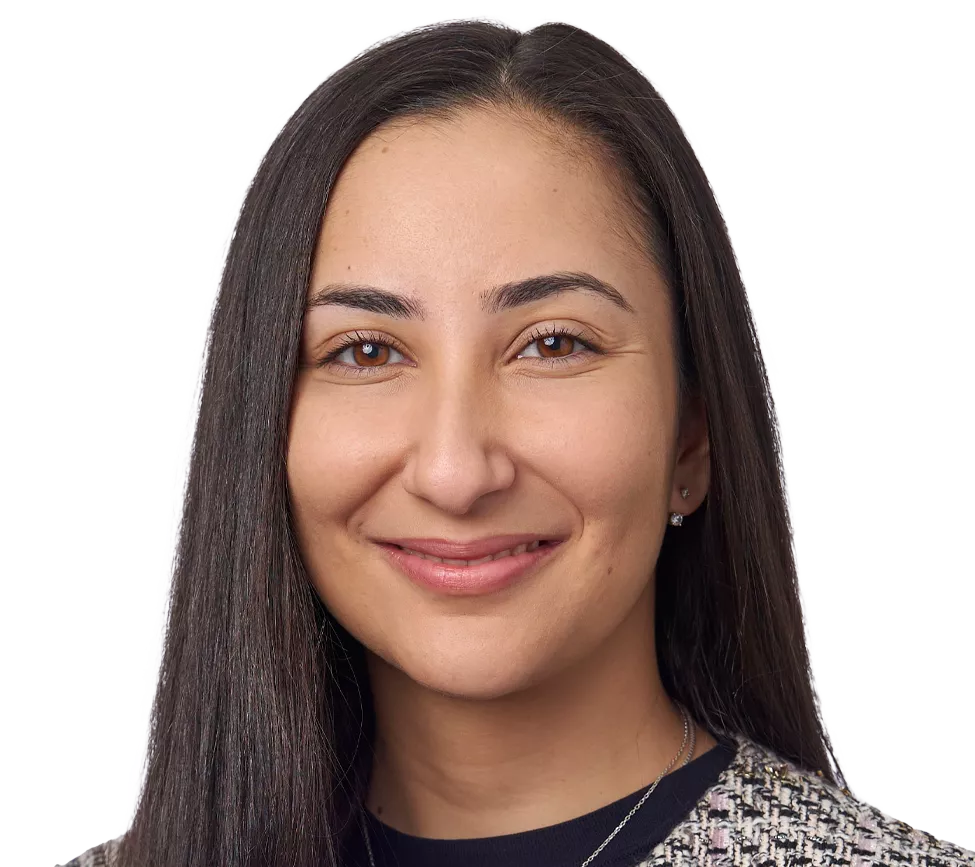

- Ph.D., Civil and Environmental Engineering, University of California, Berkeley, 2022
- M.S., Civil and Environmental Engineering, University of California, Berkeley, 2018
- M.S., Civil Engineering and Construction, Ecole Nationale des Ponts et Chaussees, 2017
- Professional Engineer Civil, California, #95023
- Professional Engineer Civil, Connecticut, #PEN.0038390
- SimCenter Programming Bootcamp – July 2018
- Outstanding Graduate Student Instructor Award, University of California, Berkeley, 2019
- Jacques Coiffard Fellowship, École Nationale des Ponts et Chaussées, France, 2016
- Earthquake Engineering Research Institute (EERI) member
- American Society of Civil Engineers (ASCE) member
- ASCE Structural Engineering Institute Performance-Based Design for Structures Committee member
- Structural Engineers Association of New York (SEAoNY) associate member
- SEAoNY Programs Committee member
- French (France)
Dr. Jade Cohen specializes in the damage assessment, structural failure investigation, and risk analysis of complex structural systems under extreme conditions, including earthquakes, construction-induced vibrations, and adjacent construction activities. She has extensive experience with advanced numerical modeling techniques, including nonlinear structural analysis, finite element analysis, and probabilistic risk assessments. Dr. Cohen has served as a consultant on various projects involving structural collapses, construction defects, and international arbitration cases.
As a consultant, Dr. Cohen has investigated collapses of multi-story buildings and conducted detailed forensic analyses to identify root causes and contributing factors, while providing opinions on the engineering standard of care. Her work also includes participation in arbitration for design-build disputes, where she has analyzed design modifications, scope changes, and construction practices for large-scale infrastructure projects. Dr. Cohen has a strong background in risk analysis, particularly in developing probabilistic frameworks to evaluate the performance of utility infrastructure and transportation systems subjected to seismic hazards.
Prior to joining Exponent, Dr. Cohen was a graduate student researcher at the Pacific Earthquake Engineering Research (PEER) Center at the University of California, Berkeley, where she earned a Ph.D. in Structural Engineering. Over the course of her doctoral research, she developed a modular computational framework for the collapse risk and damage assessment of 3D multistory steel frames. Her M.S. thesis at UC Berkeley focused on the resolution of non-convergence issues in the seismic response analysis of OpenSees bridge models. Additionally, Dr. Cohen investigated modeling techniques for the buckling analysis of steel braces during her M.S. thesis at École Nationale des Ponts et Chaussées.
Dr. Cohen has rich experience with teaching graduate level structural engineering courses during her graduate studies at UC Berkeley, including linear and nonlinear structural analysis. Prior to joining UC Berkeley, Dr. Cohen also worked on the structural design of multiple high-rise buildings while employed at Gilsanz Murrary Steficek, LLP in New York City.